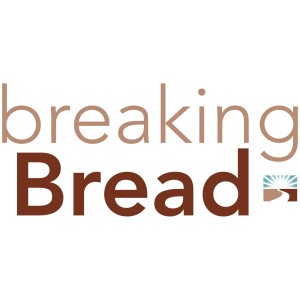

We are creatures of habit. Rhythmic, repetitious actions that are triggered almost without notice. For good or bad, these habits shape us in profound ways. To help us wield the power of habit for good, Kathy Knochel and Brian Sutter take up the topic of habit formation in this episode of Breaking Bread.
Show notes:
Habits are reinforced by the positive feedback we experience when we do them.
-
Typically, bad habits form naturally with immediate favorable reinforcement. For example, scrolling on your phone becomes a habit when it seems to cure momentary boredom.
-
Typically, good habits form intentionally with long term favorable reinforcement. For example, practicing scales on the piano habitually forms muscle memory that will produce a good piano player in the future.
Tips for Intentional healthy Habit Formation:
-
Identity: See your habit as evidence that you are the type of person you want to be.
-
-
For example, Sandy wants to be a thankful person so she begins to understand herself to be a thankful person. When she journals two things she’s thankful for each day, it reinforces her identity.
-
-
Make the habit accessible: Build the structure that will make your habit easier.
-
-
For example, Todd wants to exercise in the morning. By setting out his running clothes the night before, he makes the first step in exercising, that is getting into his workout clothes, accessible.
-
-
Use habit stacking: Pair a desired habit with a habit or routine that you already have established.
-
-
For example, Jake wants to be a prayerful person. He decides to pray while he brushes his teeth, a habit he has already formed.
-
-
Make yourself accountable: Let others know you are forming a habit and ask for their accountability.
-
-
For example, Jenny wants to move her body more. She asks a friend to keep her accountable that she walks 8,000 steps each day.
-
More Episodes
All Episodes>>You may also like
Create Your Podcast In Minutes
- Full-featured podcast site
- Unlimited storage and bandwidth
- Comprehensive podcast stats
- Distribute to Apple Podcasts, Spotify, and more
- Make money with your podcast












